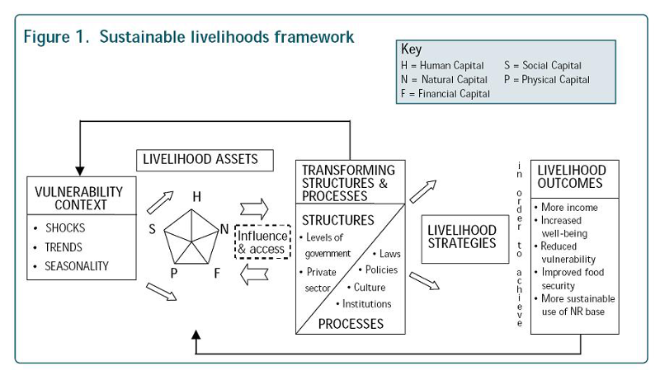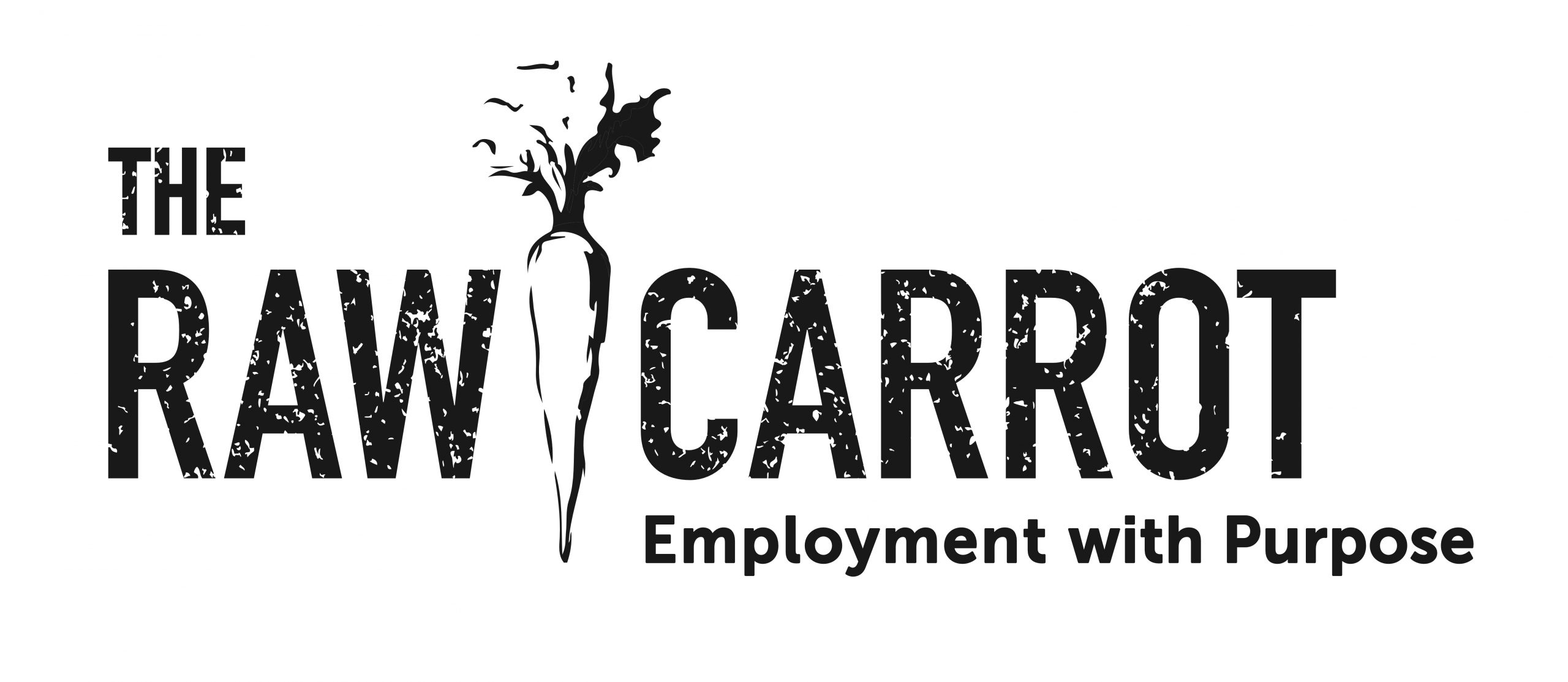Our Mission
Vision
The Raw Carrot, an outreach ministry of The Presbyterian Church of Canada, seeks to fulfill the biblical mandate to “act justly, love mercy, and walk humbly with your God” (Micah 6:8). Our vision is for people in all communities in Canada to be meaningfully employed and able to meet their basic needs.
Mission
As a not-for profit social enterprise, The Raw Carrot addresses the underlying causes of poverty and marginalization in Ontario through supported employment. We believe that everyone deserves a hand UP (instead of just a handout) in life.
Values
- We respect and value each individual as unique and made in God’s image
- We strive to create an environment where people can thrive
- We value creativity & innovation as an expression of each person’s gifts and talents
- We seek out justice in communities by actively working to secure equality for all
- We believe in collaboration & partnerships that enable us to achieve more by working together

Methodology & Framework
The Raw Carrot model is grounded within a sustainable livelihoods approach that takes a comprehensive view of an individual’s circumstances to understand the complexity of poverty and marginalization. (The sustainable livelihoods framework. (Source: DFID, 2002).
“A Livelihood comprises the capabilities, assets (stores, resources, claims, and access) and activities required for a means of living: a livelihood is sustainable which can cope with and recover from stress and shocks, maintain or enhance its capabilities and assets, and provide sustainable livelihood opportunities for the next generation; and which contributes net benefits to other livelihoods at the local and global levels in the short and long term” (Chambers and Conway, 1991, p.6).
This framework identifies 5 broad ‘asset areas’ that are interconnected factors to consider in working with individuals who have faced poverty and vulnerability. Livelihood Security is achieved through:
- Human assets: skills, knowledge, education and leadership
- Social assets: social connections, networks and contacts
- Physical assets: housing, food and necessities
- Financial assets: earning, money and financial security
- Natural: self-confidence and self-esteem
While the sustainable livelihoods perspective is the framework for our understanding of people’s circumstances and their barriers to the traditional workforce, our specific focus is on 2 areas:
- Employment/employability and skills training (financial assets)
- Social inclusion (social assets)
We believe that as participation in employment becomes more stable, people with move towards greater social inclusion, dignity, purpose, and increased economic and personal empowerment.
